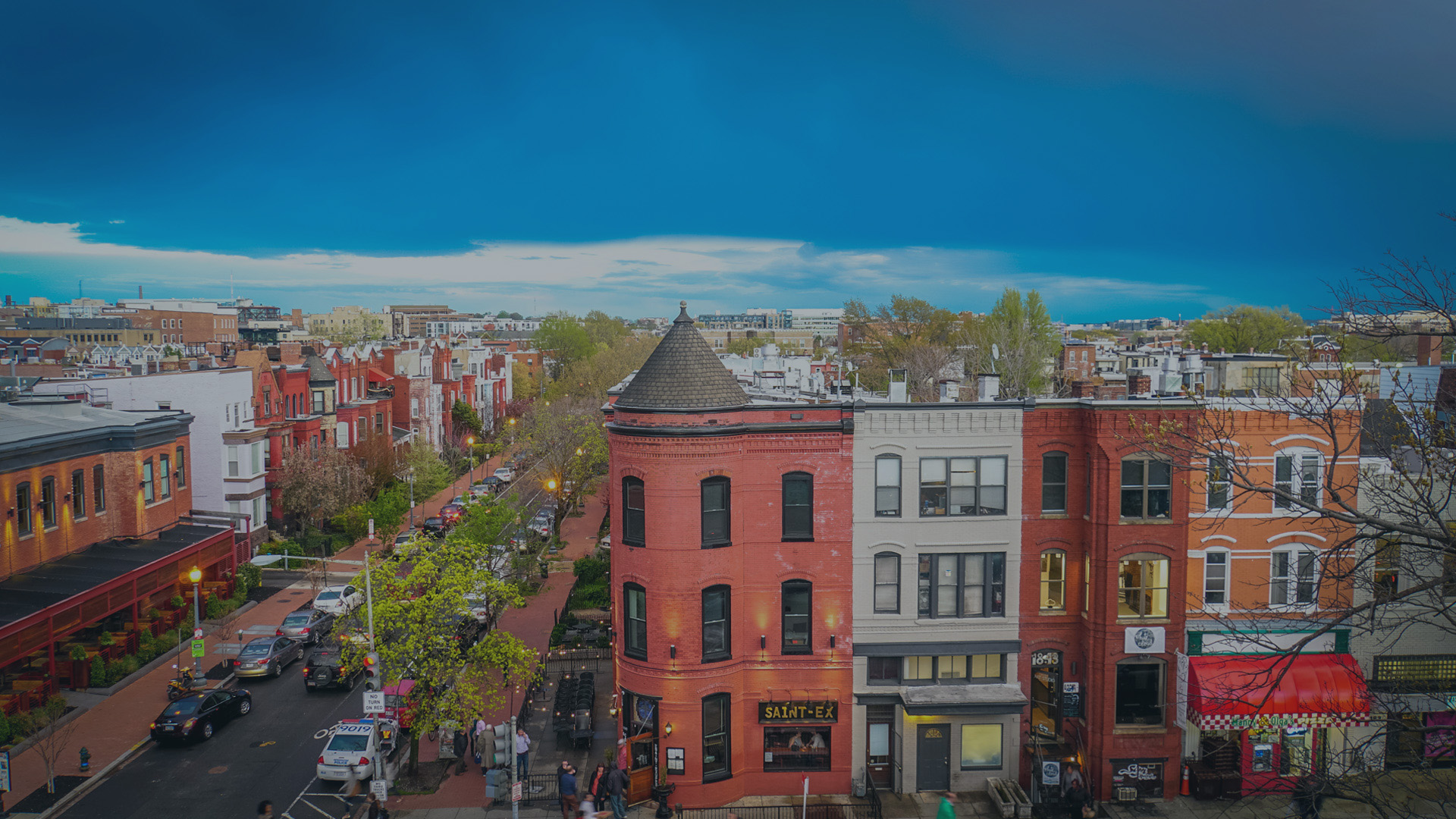On July 23, 2019, the D.C. Policy Center’s article, The Great Sort: Part III, was cited by City Observatory:
The exit of upwardly mobile black households from majority black neighborhoods has increased economic polarization according to David Rusk of the D.C. Policy Center. Similarly, the relatively low prices of homes in majority black neighborhoods may mean that these are the only locations that black households with more modest incomes can afford. The net result may be that lower-income homeowners become more concentrated in majority black neighborhoods. The movement of many black households out of majority black neighborhoods–particularly those households with means–coupled with the continued tendency of white households not to purchase in such areas likely both contribute to the housing price disparities observed in the Brookings report. Finally, as the report points out, the low value of homes in majority black neighborhoods means that homeowners there have less equity in their homes and therefore may find it difficult or impossible to sell and move to a different neighborhood.
Read more: The devaluation of black neighborhoods: Part 1 | City Observatory
